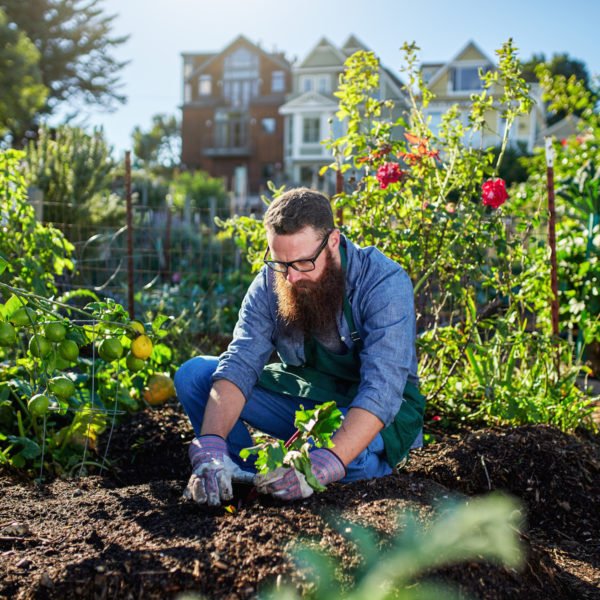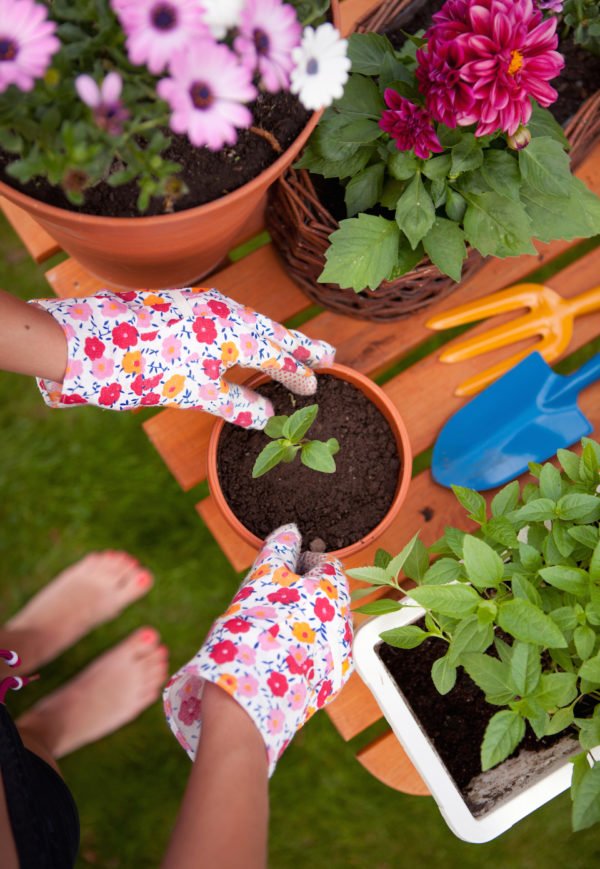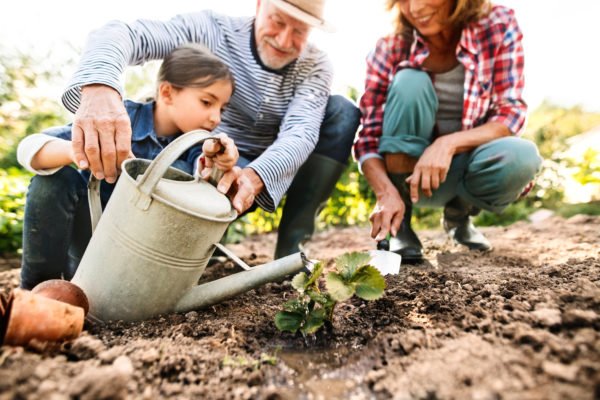
When you hear the term “gardening,” it’s easy to think of wide, open spaces far from the bustle and noise of a cityscape. However, there are quite a few different forms of urban gardening. You can build a greenhouse, set up a garden on the roof, grow plants in pots — also known as a container patio garden — or even create an indoor garden space as given in this great blog that explains all in detail.
The benefits of gardening within a city are numerous and can help both you and the broader public in a variety of different ways.
Urban Gardens Can Reduce Stress
The constant noise, light, and general hubbub of living in a city can be a continuous source of stress, which can lead, in turn, to mental health concerns like anxiety and depression. While you can always hole up in your apartment with the shades drawn to escape the constant buzz, a garden provides a more positive escape for the urban dweller.

Gardens and greenery have been recognized as a source of anxiety relief for a long time now. As noted by Duquesne University’s nursing program, the Province Sacred Heart Medical Center in Spokane, WA, actually has an outdoor “healing garden” on its campus to help anxious patients with recovery and relaxation. People can also hire a tree surgeon to manage their garden and other landscapes.
Fortunately, you don’t need to go to the hospital to participate in this natural distressing phenomenon. Cultivating an urban garden on your porch or a rooftop can provide a green-focused space of calm and tranquility that can do wonders to combat the stress of urban living.
Urban Gardens Are Good for Your Body
While the idea of growing your own food can feel like extra work, there are quite a few physical benefits that can make gardening even more effective than finding time to go on that run after work or hitting up the gym each morning.
Gardening isn’t for the weak, after all. It requires a large amount of energy to construct a garden space, plant the garden itself, and then tend to it regularly. These activities can have significant positive effects on your overall physical health.
The act of growing your own natural, healthy foods also allows you to feed your body in a “farm-to-table” fashion that can bolster your health in ways that store-bought food can’t accomplish.
Urban Gardens Can Be Satisfying

Along with the mental and physical health benefits, growing your urban garden can be a tremendously satisfying task. The cathartic elements involved allow you to let go, relax, and enjoy the moment regardless of your age, gender, or any other qualifier. Everyone eats, and we all thrive when we can grow and consume our own healthy food right in our own backyards — or rooftops or patios if space is limited.
For instance, activities, like eating a balanced diet, trying new things, and exercising, are all common suggestions to help those who are getting older to get the most out of life — and they all happen to be addressed by the single act of gardening. In fact, when asked, over 70% of gardeners over the age of 65 claimed they didn’t feel old and tired, compared to just 57.3% of those who did not garden.
While it may come across as a chore, once you get your hands quite literally dirty, you’re likely to find a deeper level of satisfaction than you ever thought possible from such a simple activity.
Urban Gardening Brings Communities Together

While most of the benefits listed thus far are personally focused, there are also quite a few net positives that gardening can have on an urban community as a whole as well.
For instance, if you start a community garden on your apartment rooftop and invite others to help maintain it, you’ll likely find yourself gardening with a host of people from different walks of life. This opportunity to take part in a cross-cultural, multi-generational activity allows individuals to find a unique sense of belonging with their fellow man.
This allows you to collectively participate in a constructive activity with others whom you may never otherwise rub shoulders with. It opens up a chance for social interactions, deep conversations, and shared experiences.
Urban Gardens Help the Environment
Of course, urban gardens are also great for the world we all live in, too. While buying healthy food in a grocery store may benefit your own health, it still leaves a significant carbon footprint behind.
Growing a good deal of your own food in an urban garden allows you to reduce waste from food packaging and save energy from transportation and storage costs, both of which add up to a net win for the environment.
The Many Benefits of Urban Gardening
The fact of the matter is, there are countless ways that an urban garden can improve your life. We already covered the mental, physical, and emotional aspects on an individual scale, as well as the positive community and environmental impacts. And we didn’t even touch on things like the efficient use of space, educational opportunities, reduced runoff from precipitation, and even the simple aesthetic appeal of having a green space to help quiet the concrete jungle.
If you’re feeling inspired by the possibilities, there’s no better time than the present to start measuring your spaces, drawing up a plan, and pulling together a garden that you can call your own.
